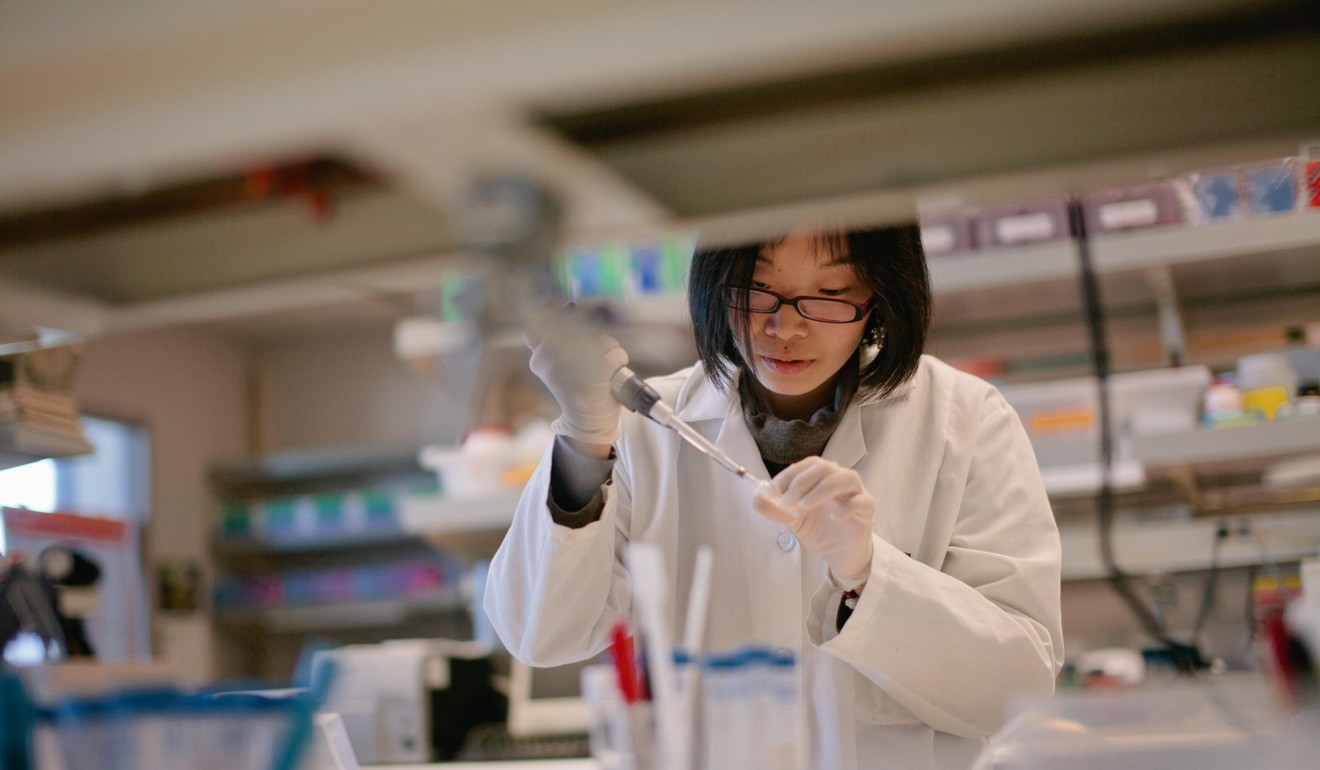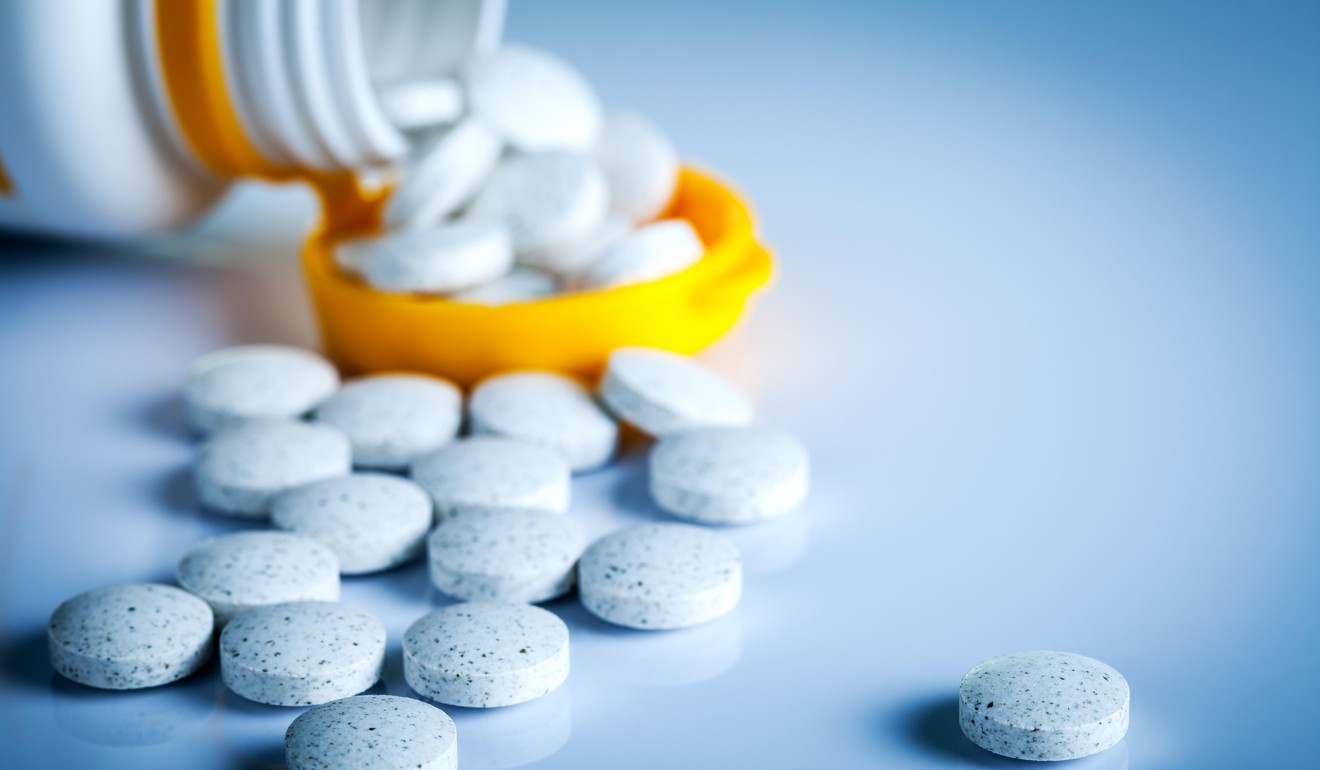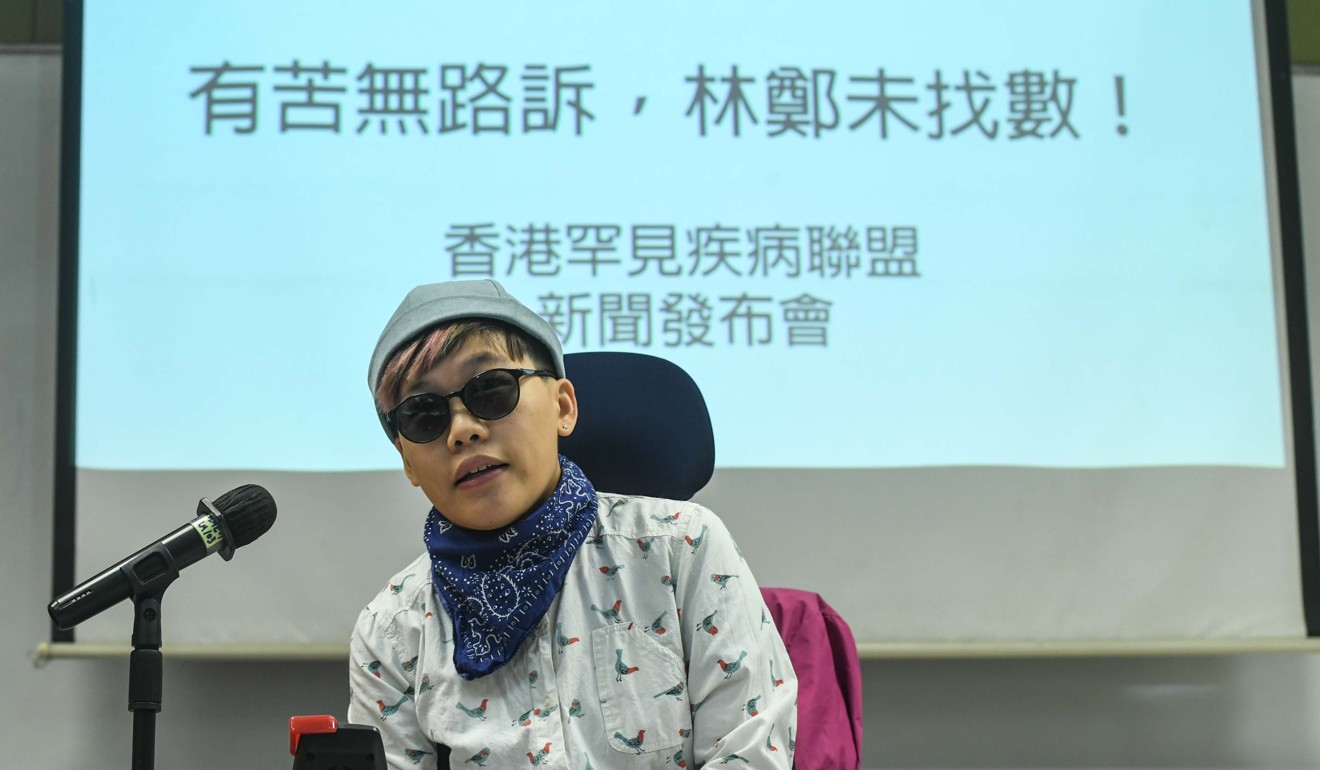
One in 67 Hongkongers suffers from a rare disease, study finds
More government support as well as easier and cheaper access to drugs urged
One in every 67 Hong Kong residents suffers from a rare disease, and 80 per cent of this total inherited their illness from a parent, according to the city’s first study of its kind.
But the report’s lead author, Dr Brian Chung Hon-yin of the University of Hong Kong, said on Tuesday that the actual number was higher, noting that researchers were able to obtain statistics only from patients admitted to the city’s 43 public hospitals as of 2016, and not the 12 private hospitals in town.

The definition of a rare disease varies by country, but it generally means between one and 10 patients are afflicted for every 10,000 people.
“And some rare diseases have not been diagnosed yet,” Chung added. “In recent years, there have been about 100 new diseases found annually around the world.”
In recent years, there have been about 100 new diseases found annually around the world
Between 6,000 and 8,000 rare diseases are now recognised internationally, and about 467 were identified in Hong Kong as of 2016. Examples include Pompe disease, which causes muscle weakness and breathing problems, and articular syndrome, which may cause skin rash, fever, and inflammation of the brain membrane.
But patients on average must consult five doctors and undergo three misdiagnoses before they finally know what afflicts them, according to the HKU report.
Highlighting the findings, the Hong Kong Alliance for Rare Diseases urged the government to allocate more resources towards genetic testing at public hospitals and ensure patients have easier and cheaper access to drugs used for such diseases, arguing many are not widely available.
Alliance president Tsang Kin-ping said the existing approval system for importing medications only prioritised drugs that were cost-effective, with drugs to treat rare diseases usually failing that criterion.
Free drugs for patients with rare lung disease, after two years
Tsang conceded there was no way the city leader could intervene in every single case.
“Her administration should set up comprehensive policies to provide patients with support,” he added.

The 27-year-old was born with intellectual and speech disabilities, and in 2016 was diagnosed with Mowat-Wilson syndrome, a genetic condition that causes delayed development and intestinal disorder. Although public hospitals bear most of her treatment costs, Cheung must still pay for her wheelchair equipment and urgent care at private hospitals, he said.

The alliance also cast a spotlight on others who struggled to identify their health conditions, claiming they too needed help.
Chan Ka-man, 26, suddenly experienced weakness in her legs, followed by worsening eyesight.
Now a wheelchair user, Chan said it took her a year to get government subsidies for prescription eyeglasses. She recalled visiting five hospitals and being repeatedly rejected because no doctor had been able definitively to say what she was suffering from.

